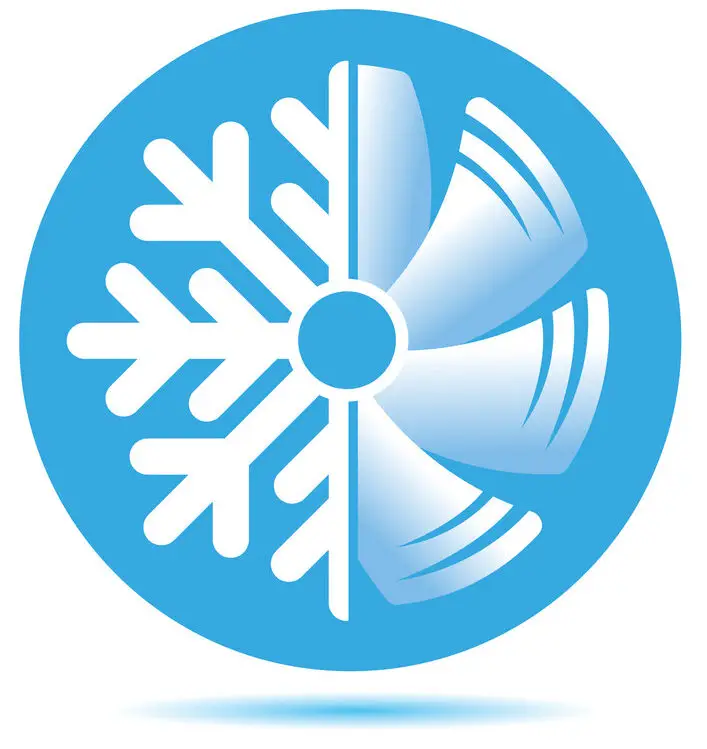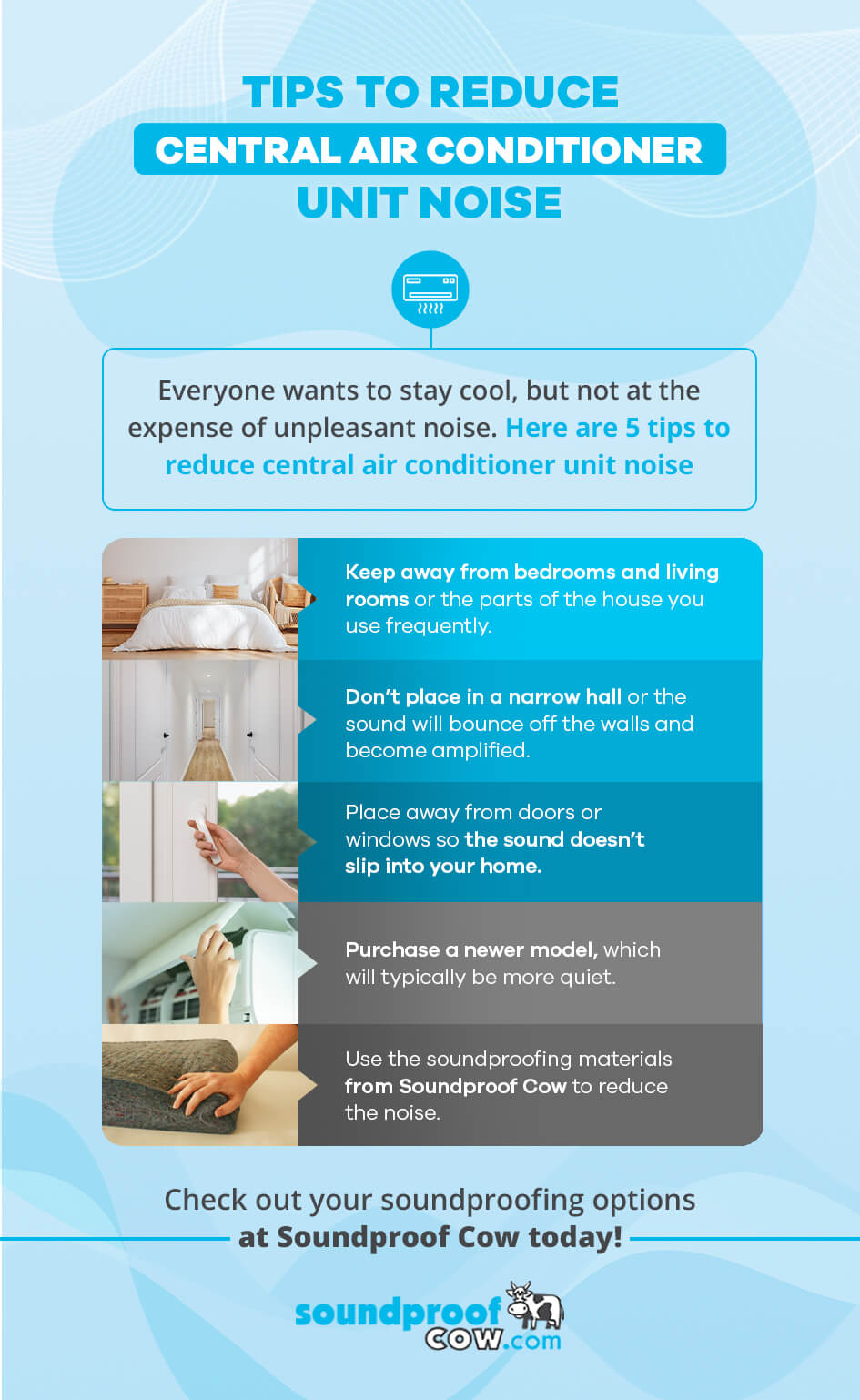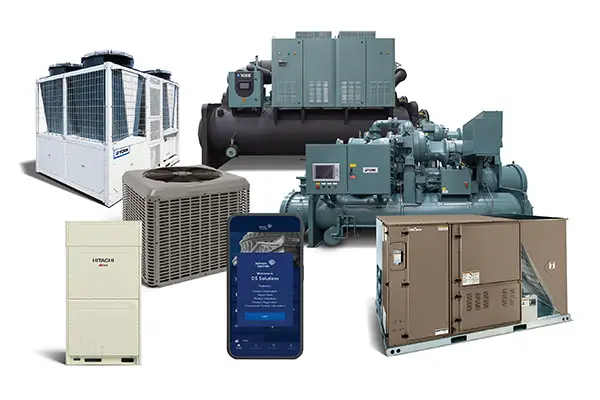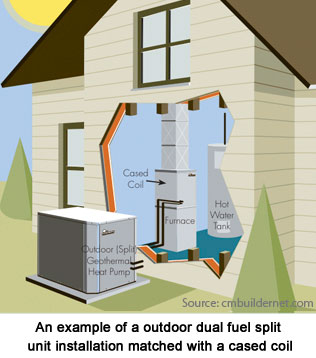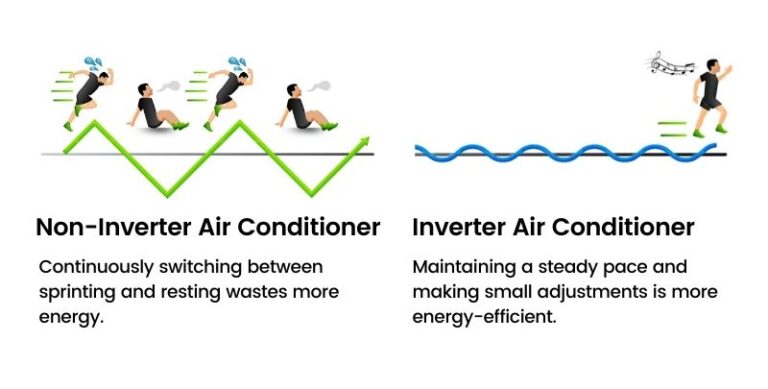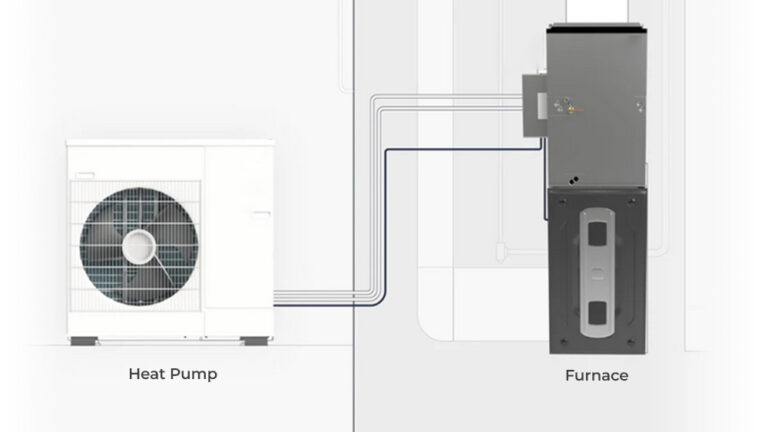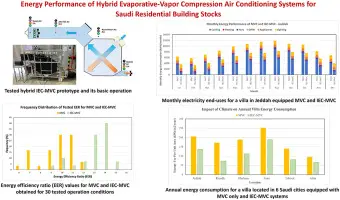Silent Solutions: Noise Reduction Strategies for Hybrid Air Conditioning Systems
In the quiet canvas of a serene evening, the last thing anyone wants is the cacophony of an air conditioning unit drowning out the stillness. For homeowners and HVAC professionals alike, the importance of a quietly efficient air conditioning system cannot be overstated. This blog post dives into the world of hybrid air conditioning systems and explores practical noise reduction strategies to keep your indoor oasis peaceful and comfortable.
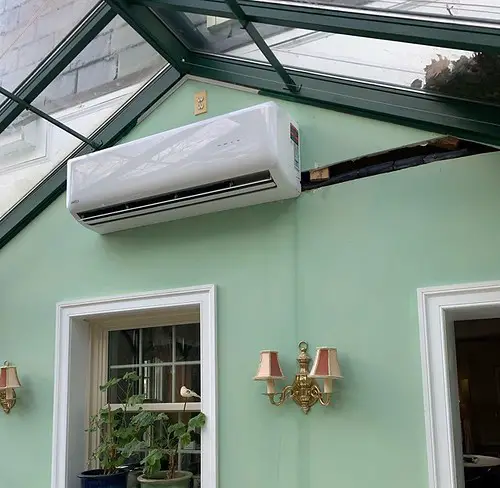
Understanding Hybrid Air Conditioning Systems
Hybrid air conditioning systems are a fusion of electric heat pumps with a furnace running on gas, propane, or oil. They are known for their versatility, as they automatically switch between the two power sources depending on which is more energy-efficient for maintaining indoor comfort. This dynamic approach not only saves on energy bills but also allows for quieter operation when the electric heat pump is in use.
Common Noise Sources in Hybrid Air Conditioning Systems
To address the noise issue effectively, it’s crucial to first understand where the noise is coming from. In hybrid air conditioning systems, there are three primary noise sources:
Outdoor Unit Noise
This is typically caused by the compressor, outdoor fan, and any vibrations that are transmitted from the unit to the ground and nearby structures.
Indoor Unit Noise
Air movement in the indoor evaporator coil, along with the noise from the fan and motor, can be significant contributors to the overall noise level.
Ductwork Noise
The rush of air through ducts and over grilles in your home can create turbulence and noise, especially as the system ages and accumulates dust and debris.
Strategies for Noise Reduction
With a solid understanding of where the noise is generated, it’s time to explore the specific strategies for reducing it. Below are three effective measures that can be taken to tackle noise pollution in hybrid air conditioning systems.
Soundproofing Materials
Introducing sound-absorbing materials in and around the units can significantly dampen the noise. These materials can be as simple as rubber or foam gaskets and can be installed around the outdoor unit, within the cabinet of the indoor unit, or within the walls near the ductwork.
Regular Maintenance Practices
Keeping your system in top condition can go a long way in noise reduction. Components like the compressor and fan motors may become noisy if they are not properly maintained, so regular checks and servicing are crucial.
Proper Installation Techniques
A professional HVAC installer with a focus on noise reduction can ensure the system is set up in the most acoustically favorable way possible. This includes proper vibration isolation for the outdoor unit, careful positioning of the indoor unit to minimize noise transfer, and airtight duct installation to avoid leakage and noise escape.
Benefits of a Quiet HVAC System
A quieter HVAC system isn’t just good for your ears; it has a range of benefits that make it an essential feature in any modern home.
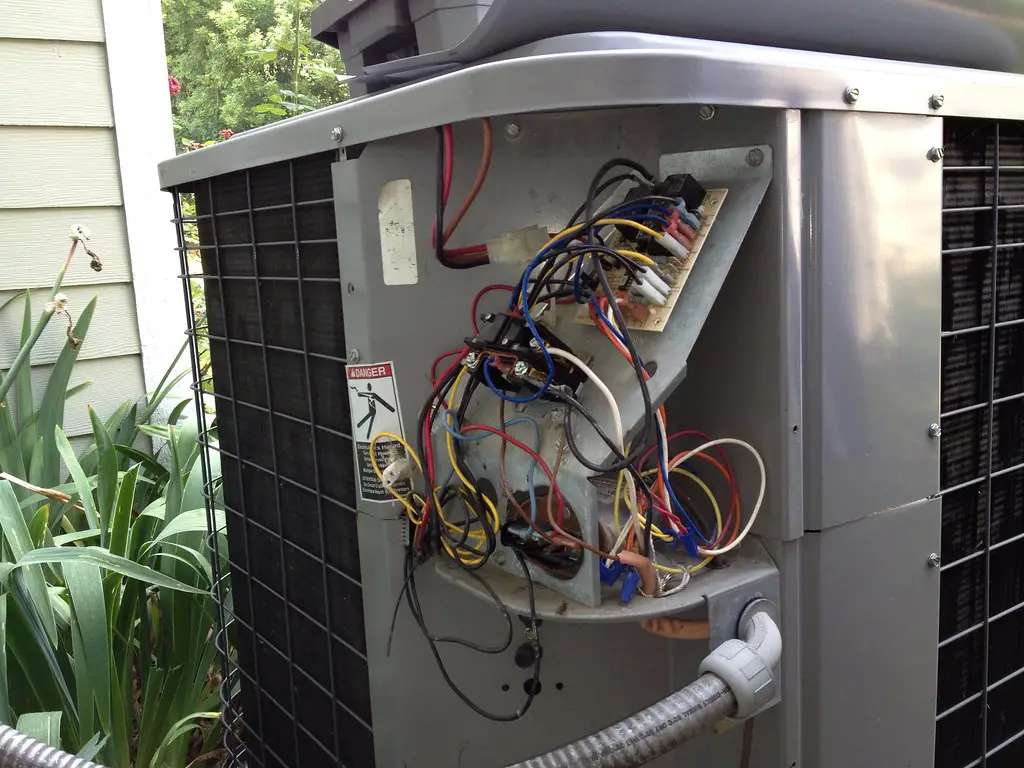
Improved Comfort
A constant background noise from an HVAC system can be an irritant and reduce the overall sense of comfort in your home. A quieter system allows you to enjoy your indoor environment without distraction.
Better Sleep Quality
For bedrooms, which should ideally be the quietest rooms in the house, a noiseless HVAC system is crucial for ensuring a good night’s rest. Reduced noise can lead to better sleep quality and a deeper, more restorative sleep.
Enhanced Energy Efficiency
Interestingly, a system that operates more quietly may also be more efficient. This is because innovations designed to reduce noise can also lead to optimized air flow and energy consumption, ultimately saving on your utility bills.
Conclusion
In the pursuit of the perfect indoor climate, one should never underestimate the value of a noise-free environment. For homeowners, understanding and implementing the strategies outlined above can lead to a more peaceful and efficient home. HVAC professionals, on the other hand, can enhance their service offering by specializing in noise reduction techniques, setting them apart in a crowded market focused on client comfort. Remember, it’s not just about the temperature; it’s about the harmony of your home’s ecological and acoustical environments.
